Sustainability in Winemaking Explained: A Deep Dive into Jackson Family Wines’ Organic Vineyards
Overview
Sustainability in winemaking blends environmental care with quality wine production. Jackson Family Wines leads the charge, using organic vineyards and innovative methods to protect the planet. This article explores their approach and why it’s vital for the wine industry.
What Does Sustainability in Winemaking Mean?
Sustainability in winemaking is about growing grapes and making wine without harming the earth. It focuses on three big ideas: protecting nature, supporting people, and keeping businesses strong. Wineries do this by using fewer chemicals, saving water, and cutting waste.
For example, organic farming skips synthetic pesticides and fertilizers. Instead, it relies on natural ways to keep soil healthy and pests away. Water conservation means using less water to grow grapes, and renewable energy—like solar power—helps lower carbon footprints. These steps matter because wine depends on nature. Healthy land makes better grapes, and better grapes make tastier wine.
Jackson Family Wines, famous for wine brands like Kendall-Jackson and La Crema, has made sustainability a priority. They show how these ideas work in real life, setting an example for others.
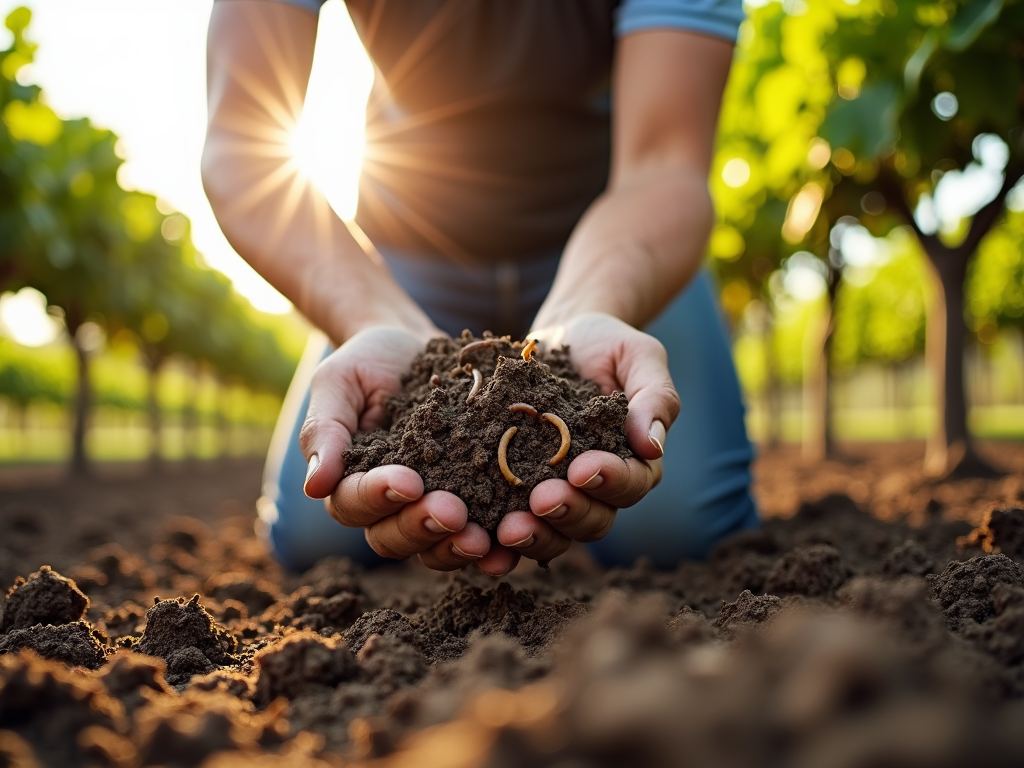
Jackson Family Wines: Leading the Way
Jackson Family Wines started focusing on sustainability back in the 1980s. Founder Jess Jackson believed in taking care of the land, and his family has kept that promise. Today, they run dozens of vineyards and wineries with eco-friendly practices.
Their organic vineyards are a big part of this. By avoiding harsh chemicals, they protect the soil and the creatures living in it—like worms and beneficial bugs. This keeps the ecosystem balanced. They also plant cover crops, like clover or mustard, between vine rows. These plants stop erosion, add nutrients to the soil, and attract pollinators like bees.
Water is another focus. Growing grapes takes a lot of water, but Jackson Family Wines uses drip irrigation—a system that delivers water right to the roots. They also use sensors to check soil moisture, so they only water when needed. According to UC Davis research on water-efficient farming, techniques like these can cut water use by up to 30%.
Energy comes next. They’ve installed solar panels across their properties, producing enough power for thousands of homes. This reduces their reliance on fossil fuels and helps fight climate change.
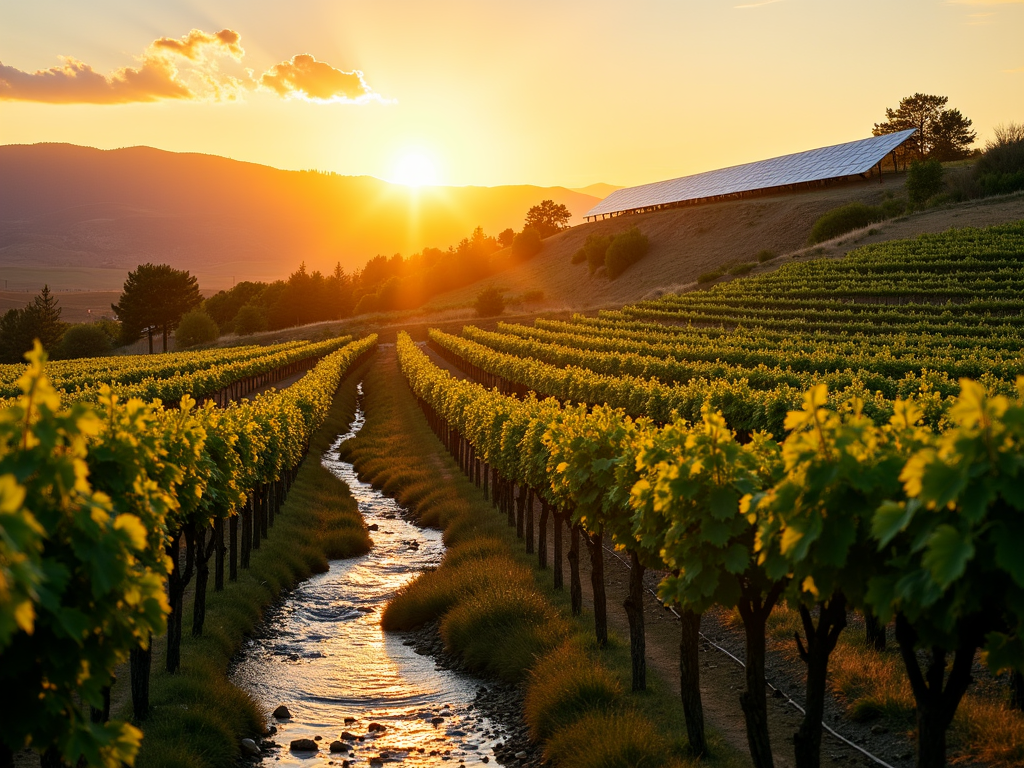
Why It Works: The Science Behind Sustainability
Sustainable practices aren’t just good for the planet—they make better wine. Healthy soil grows stronger vines, and stronger vines produce grapes with richer flavors. A Wine Institute study found that organic vineyards often have higher biodiversity, which helps vines resist pests and diseases naturally.
Take water conservation. Overwatering can dilute grape flavors, but careful irrigation keeps them concentrated. Solar power cuts costs over time, letting wineries invest more in quality. These methods prove that sustainability and great wine go hand in hand.
For Jackson Family Wines, this isn’t theory—it’s practice. Their wine brands consistently win awards, showing that eco-friendly methods deliver results.
A Personal Visit to Jackson Family Wines
Last summer, I visited one of Jackson Family Wines’ organic vineyards in Sonoma County. The air smelled fresh, and the vines looked vibrant. A worker showed me the cover crops—clover buzzing with bees—and explained how they enrich the soil. Nearby, solar panels hummed quietly, powering the winery.
The winemaker shared a story. “We used to rely on chemicals,” he said, “but going organic changed everything. The grapes taste better, and the land feels alive.” Sipping a glass of their Chardonnay later, I could taste the difference—crisp, clean, and full of character. It hit me: sustainability isn’t just about saving the earth. It’s about making wine that tells a story.
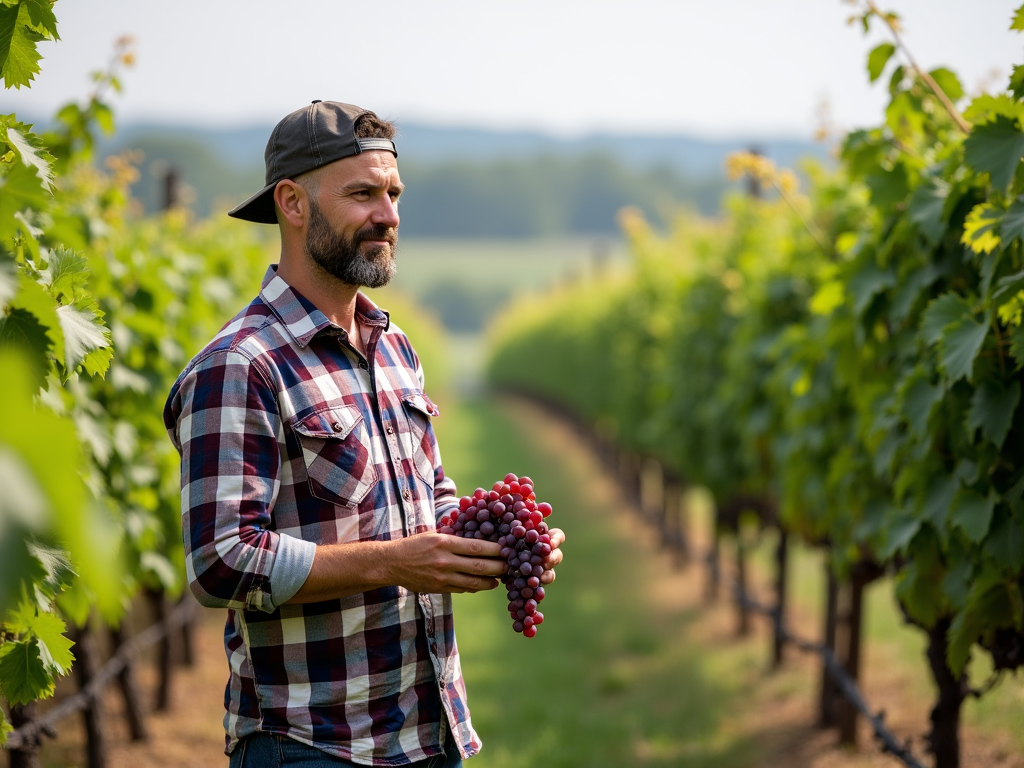
Challenges and Solutions
Going sustainable isn’t always easy. Organic farming takes more time and effort than using chemicals. Droughts can strain water conservation efforts, and solar panels cost a lot upfront. But Jackson Family Wines tackles these head-on.
Here’s how:
- Organic Farming: They train workers to spot pests early and use natural predators like ladybugs.
- Water Shortages: They recycle winery water for irrigation, cutting waste.
- Energy Costs: They partner with Energy.gov programs to offset solar installation costs.
These solutions show that challenges can be met with creativity and commitment.
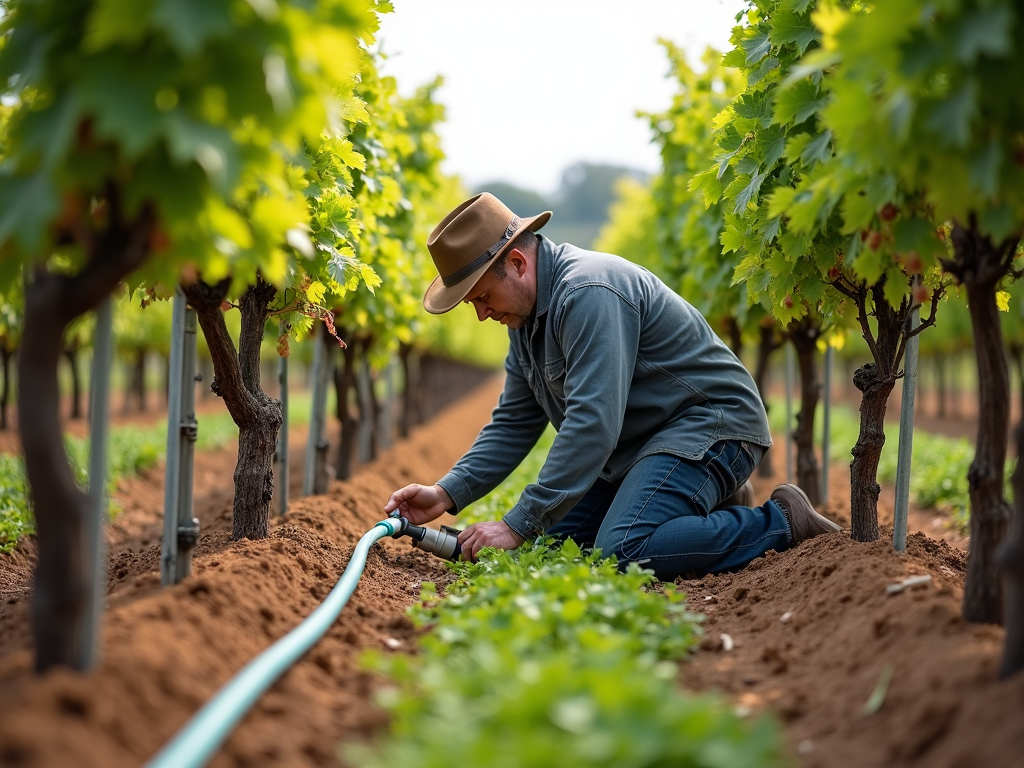
The Bigger Picture: Sustainability and You
Climate change is hitting the wine industry hard. Rising temperatures and unpredictable weather threaten grape harvests. Sustainable wineries like Jackson Family Wines are fighting back by reducing emissions and adapting to new conditions.
As a wine lover, you play a role too. Buying from sustainable wine brands supports these efforts. It’s a small choice with a big impact—better wine today, and a healthier planet tomorrow. Jackson Family Wines makes it easy with their wide range of wines, from bold reds to crisp whites.
Their work also inspires others. Smaller wineries are adopting similar practices, spreading sustainability across the industry.
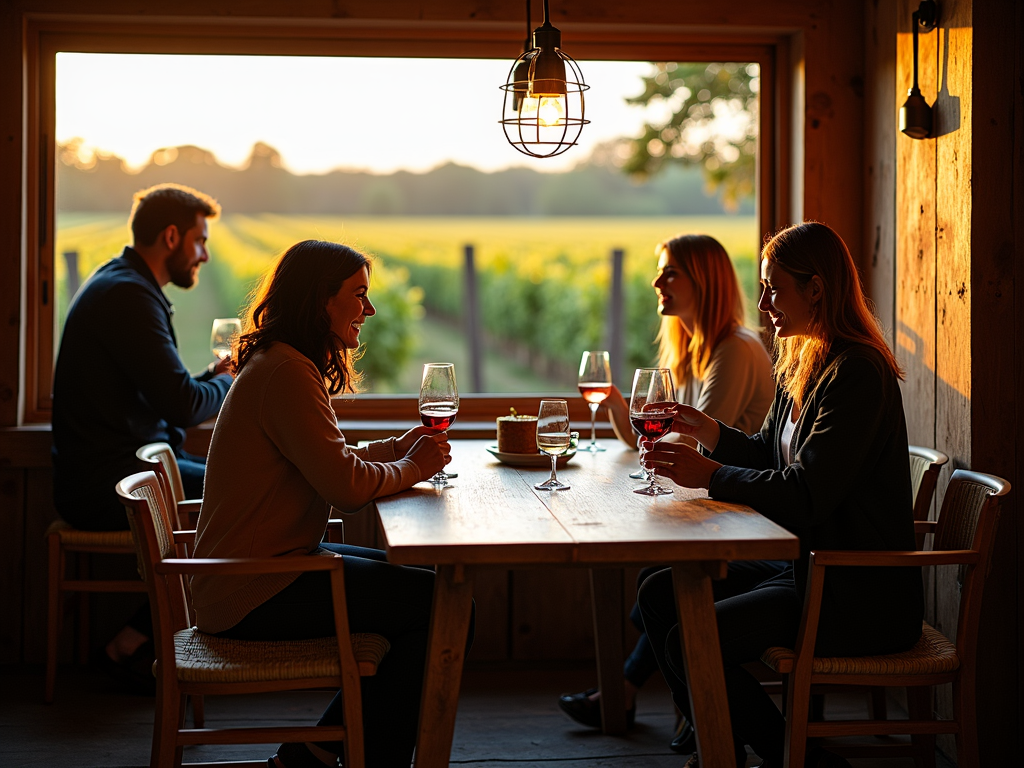
Summary
Sustainability in winemaking protects the earth while crafting amazing wine. Jackson Family Wines leads with organic vineyards, smart water use, and clean energy. Their success proves that eco-friendly practices benefit everyone—farmers, drinkers, and the planet. Want to learn more? Check out the recommended readings below.